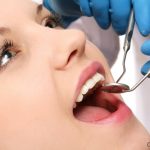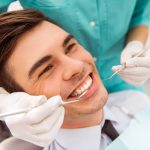When to Drink Alcohol After Wisdom Teeth Removal: A Comprehensive Guide
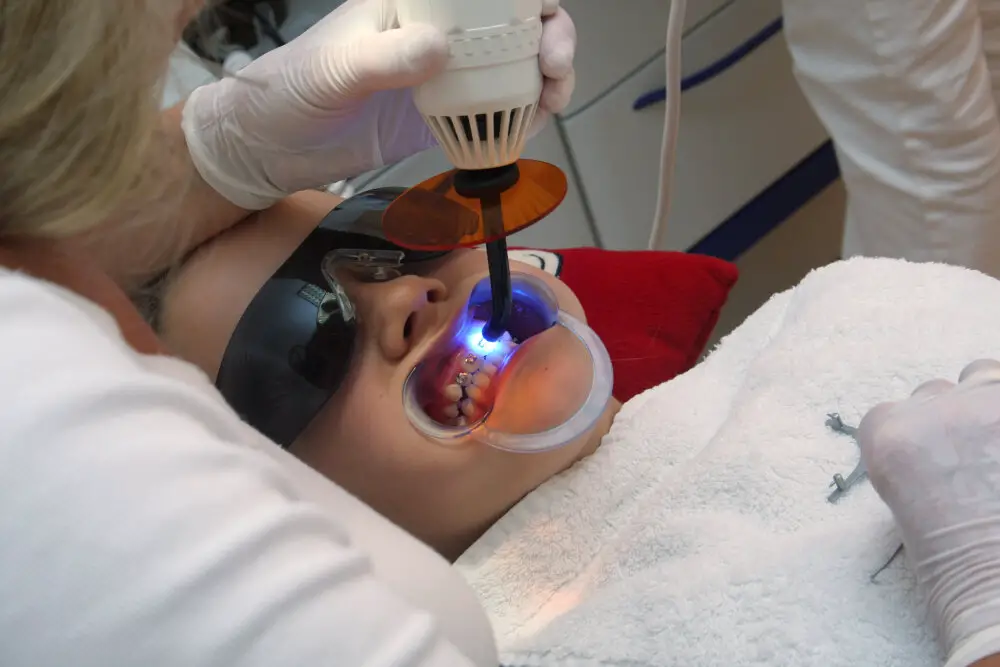
Wisdom teeth extraction is a common dental surgery that many people undergo. It involves removing the third molars located at the back of the mouth. Recovery after wisdom teeth removal requires proper care and attention to ensure that the healing process is smooth and speedy. One of the most common questions that patients ask after the surgery is when they can resume drinking alcohol. Alcohol consumption after wisdom teeth extraction can have adverse effects on the healing process. It can lead to bleeding, dry socket, and delay the recovery time. As such, it is essential to understand when it is safe to drink alcohol after wisdom teeth removal. In this comprehensive guide, we will delve into the details of alcohol consumption after wisdom teeth extraction. We will discuss the factors that determine when it is safe to drink alcohol, the risks associated with drinking too soon, and the best practices for safe alcohol consumption during the recovery period.
Wisdom teeth removal is a common dental procedure that involves the extraction of the third molars, also known as wisdom teeth, from the back of the mouth. These teeth are often removed due to a lack of space in the mouth, which can lead to overcrowding and other dental problems. The procedure is typically done under local anesthesia or sedation, and involves making an incision in the gum tissue to expose the tooth and then removing it from the socket. Recovery time varies depending on the individual, but generally involves some discomfort and swelling for a few days. It is important to follow post-operative instructions carefully to ensure proper healing and avoid complications such as infection or dry socket.
Following postoperative instructions is crucial for a successful recovery after any surgical procedure, including wisdom teeth removal. These instructions are given by the surgeon or dentist to prevent complications, reduce pain and swelling, and ensure that the healing process goes smoothly. Failure to follow these instructions can lead to infection, bleeding, dry socket, and prolonged discomfort. Patients should pay attention to restrictions on eating, drinking, smoking, and physical activity, as well as taking prescribed medication and maintaining good oral hygiene. It is important to trust and communicate with your healthcare provider, as they have the expertise to guide you through the recovery process and help you achieve optimal results.
Alcohol consumption is a ubiquitous part of socializing for many adults, but it is important to understand when it is safe to drink after certain medical procedures. After wisdom teeth removal, consuming alcohol can be detrimental to the healing process, and it is crucial to avoid it for at least 24 hours post-surgery. Alcohol can impede the clotting process, cause dry socket, and increase pain and swelling. It is essential to follow the dentist’s instructions regarding alcohol consumption after wisdom teeth removal to ensure a speedy and smooth recovery. After the initial 24 hours, it is best to avoid alcohol for at least a week or until the dentist approves it.
Why You Should Avoid Alcohol After Wisdom Teeth Removal
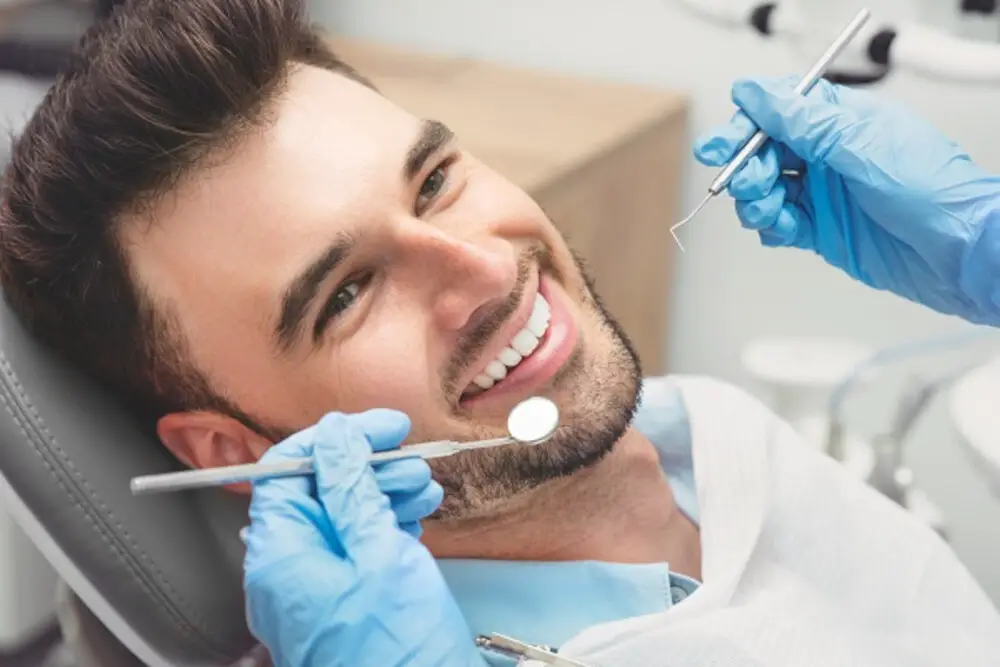
Wisdom teeth removal is a common dental procedure that requires proper care and attention after the surgery. One of the crucial things to avoid after the surgery is alcohol consumption. Alcohol can have adverse effects on the healing process, and it can also prolong the recovery time. Alcohol acts as a blood thinner, which can increase the risk of bleeding after surgery. The alcohol consumption can also cause dry socket, which is a painful condition that occurs when the blood clot in the socket is dislodged. This condition can delay the healing process and cause severe pain for the patient. Moreover, alcohol can also increase the risk of infection after the surgery. The immune system is weaker after surgery, and alcohol can further suppress it, making it harder for the body to fight off infections. Additionally, alcohol can also interfere with the pain medication and antibiotics prescribed after the surgery, rendering them ineffective. Therefore, it is highly advised to avoid alcohol consumption for at least 24 hours after the surgery or until your dentist gives you the green light to resume your normal activities. It’s in the best interest of the patient to prioritize their healing and avoid alcohol consumption for a speedy recovery.
Alcohol can have various negative effects on the body and can also slow down the healing process. The consumption of alcohol can increase the risk of bleeding and delay the formation of blood clots, which can lead to complications after wisdom teeth removal. Drinking alcohol can also dehydrate the body, which is detrimental to the healing process. Dehydration can slow down the production of saliva, which is essential for preventing infection and promoting healing. Furthermore, alcohol can interfere with pain medication, which can result in increased discomfort and pain after wisdom teeth removal. Therefore, it is recommended to avoid alcohol for at least 24-48 hours after wisdom teeth removal to ensure a smooth and successful recovery.
Consuming alcohol too soon after wisdom teeth removal can lead to numerous risks and complications. Firstly, alcohol can interfere with the healing process by causing blood vessels to dilate and increase blood flow, which can lead to prolonged bleeding or even dry sockets. Additionally, alcohol can also have a negative impact on the immune system, making it harder for the body to fight off infections. Furthermore, alcohol can also increase the risk of dehydration, which can further slow down the healing process. It is best to wait at least 24 hours after wisdom teeth removal before consuming alcohol to minimize these risks and ensure a smooth recovery.
Giving the body time to heal after a surgical procedure, such as wisdom teeth removal, is of utmost importance. The healing process is a complex and delicate mechanism that involves a series of biological processes that can take time to complete. Attempting to speed up the healing process by engaging in activities that may interfere with the process, such as drinking alcohol, can prolong the recovery period and lead to complications. The body requires adequate rest, proper nutrition, and a controlled environment to facilitate the healing process. Therefore, it is crucial to follow the dentist’s instructions and avoid activities that may impede the body’s natural healing process. By doing so, patients can ensure a speedy recovery and reduce the risk of complications.
How Long to Wait Before Drinking Alcohol
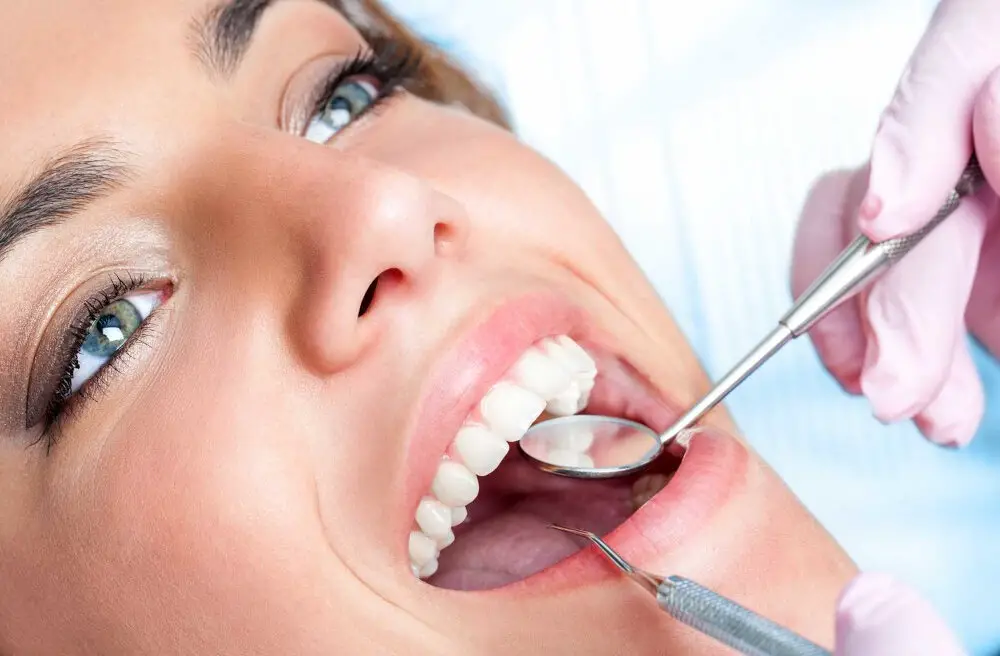
After undergoing wisdom teeth removal, it is essential to know how long to wait before drinking alcohol. This is because alcohol can have adverse effects on the healing process and can also interact with the pain medication prescribed. The general rule of thumb is to avoid drinking alcohol for at least 24 hours after the surgery. This is to allow the body enough time to recover from the anesthesia and for the blood clot to form in the extraction site. Drinking alcohol before this time can increase the risk of bleeding, infection, and delay in the healing process. Furthermore, it is recommended to avoid drinking alcohol for at least a week after the surgery. This is because alcohol can dehydrate the body and delay the healing process. It can also interact with the pain medication and other drugs that are prescribed to manage the pain and discomfort. Additionally, consuming alcohol can increase the risk of dry socket, a painful condition that occurs when the blood clot in the extraction site becomes dislodged or dissolves before the wound is healed. Therefore, it is crucial to follow the post-operative instructions given by the dentist or oral surgeon and to avoid drinking alcohol until the body is fully healed.
After wisdom teeth removal, it’s important to take proper care of yourself to ensure a speedy recovery. One of the most commonly asked questions is when it’s safe to drink alcohol again. While it may be tempting to indulge in a drink or two to ease the discomfort, it’s recommended to wait at least 24 hours before consuming any alcohol. This allows your body to focus on healing and reduces the risk of complications such as excessive bleeding or dry socket. Additionally, it’s important to avoid alcohol for a few days after taking any pain medication as it can increase the risk of negative side effects. Overall, it’s best to err on the side of caution and prioritize your health during the recovery period.
There are several factors that may affect an individual’s recovery time after wisdom teeth removal surgery. Firstly, the age of the patient plays a major role in determining the recovery time. Younger patients tend to heal faster than older patients. Secondly, the complexity of the surgery and the number of teeth removed will also impact the recovery time. Thirdly, the overall health and immune system of the patient can also affect the recovery time. A healthy patient with a strong immune system will heal faster than a patient with underlying health issues. Lastly, following post-operative instructions such as rest, proper oral hygiene, and avoiding certain foods and activities can also play a crucial role in the recovery time.
Monitoring progress and determining readiness to consume alcohol after wisdom teeth removal is crucial to avoid complications and ensure a speedy recovery. Firstly, it is recommended to wait at least 24 hours before consuming any alcoholic beverages. Secondly, it is essential to pay close attention to the healing process and any signs of complications such as excessive bleeding, swelling, or pain. Lastly, it is advisable to consult with your dentist or oral surgeon before consuming any alcohol to ensure that you are not at risk of any complications. By following these tips, you can promote a safe and speedy recovery and enjoy your favorite alcoholic beverages in no time.
Alternatives to Alcohol During Recovery

Recovery from alcohol addiction can be a difficult and ongoing process. For those in recovery, avoiding alcohol is essential to maintaining their sobriety. However, it can be challenging to find alternatives to alcohol that provide the same sense of relaxation or socialization. Fortunately, there are many healthy and enjoyable alternatives to alcohol that can be incorporated into daily life. One such alternative is exercise. Exercise has been shown to increase endorphins, which are natural mood-boosters, and can help reduce stress and anxiety. Additionally, exercise can provide a sense of accomplishment and self-esteem, which can be beneficial in maintaining sobriety. Other alternatives to alcohol during recovery include meditation, yoga, and other relaxation techniques. These practices can help reduce stress and anxiety, which are common triggers for alcohol use. Additionally, they can improve overall well-being and provide a sense of calm and tranquility. Another alternative to alcohol during recovery is spending time with loved ones. Socializing with friends and family can provide a sense of connection and support, which can be essential in maintaining sobriety. Additionally, engaging in hobbies and activities that bring joy and fulfillment can help reduce the desire to use alcohol. This can include art, music, reading, or any other activity that brings a sense of satisfaction. Finally, seeking support from community resources, such as support groups or counseling, can be an essential part of recovery. These resources can provide a safe and supportive environment for individuals to discuss their challenges and receive guidance and encouragement. Overall, there are many alternatives to alcohol during recovery, and finding the right combination of activities and support can help individuals maintain their sobriety and thrive in their daily lives.
After wisdom teeth removal, it is recommended to avoid alcoholic beverages for at least 24 hours, as alcohol can hinder the healing process and increase the risk of bleeding. However, staying hydrated is crucial for a speedy recovery. Therefore, it is important to consider nonalcoholic beverage options such as water, coconut water, herbal tea, fresh juice, and smoothies. These beverages provide essential nutrients and hydration, which are necessary for a healthy recovery. Additionally, they can help alleviate any discomfort or swelling that may occur after the procedure. It is important to avoid using straws, as they can dislodge blood clots and delay the healing process.
Staying hydrated during recovery after wisdom teeth removal is crucial for a number of reasons. First and foremost, proper hydration helps to prevent dry socket, a painful condition that occurs when the blood clot that forms in the tooth socket is dislodged, exposing the bone and nerves. Drinking plenty of water also helps to flush out any toxins or bacteria that may be present in the mouth, reducing the risk of infection. Additionally, staying hydrated can help to reduce swelling and promote healing, as well as prevent complications such as constipation. It is recommended that patients drink plenty of water and avoid alcohol and other dehydrating beverages for at least the first 24 hours after surgery.
Maintaining a healthy diet is crucial for a speedy recovery after wisdom teeth removal. To ensure proper healing, it is important to consume foods that are soft, easy to chew, and rich in nutrients. Avoid hard and crunchy foods, as they can damage the surgical site and delay healing. Opt for foods like mashed potatoes, scrambled eggs, soups, and smoothies that are rich in protein, vitamins, and minerals. It’s also important to stay hydrated by drinking plenty of water and avoiding sugary beverages. Incorporating foods that are high in vitamin C, such as citrus fruits and leafy greens, can also promote healing and reduce inflammation. Remember to follow your dentist’s instructions and eat a balanced diet to ensure a speedy and successful recovery.
Risks of Drinking Alcohol Too Soon
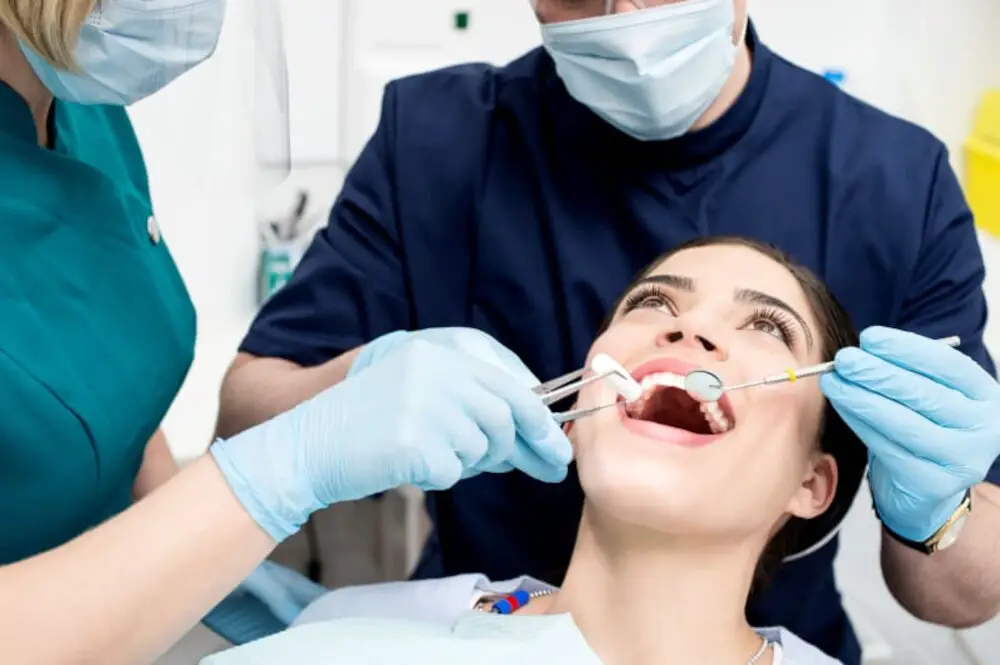
Drinking alcohol too soon after wisdom teeth removal can be detrimental to your health in many ways. Firstly, alcohol is known to impair the body’s natural healing process, which can lead to prolonged pain and discomfort. Alcohol can also increase the risk of infection in the wound, which can lead to further complications and delay the healing process. Furthermore, alcohol can interfere with the effects of pain medication, making it less effective and potentially leading to increased pain and discomfort. Secondly, drinking alcohol too soon after wisdom teeth removal can also increase the risk of dry socket. Dry socket is a painful condition that occurs when the blood clot that forms in the socket where the tooth was extracted becomes dislodged or dissolves. This can expose the underlying bone and nerves, leading to severe pain and discomfort. Drinking alcohol too soon after surgery can increase the likelihood of developing dry socket by interfering with the blood clotting process and increasing the risk of bleeding. Therefore, it is important to avoid alcohol for at least 48 hours after wisdom teeth removal to reduce the risk of complications and ensure a smooth recovery.
After wisdom teeth removal, there are several potential complications that can arise if you drink alcohol too soon. Firstly, alcohol can interfere with the blood clotting process in the extraction site, leading to a dry socket – a painful condition where the bone and nerves are exposed. Secondly, alcohol can cause dehydration, which can delay the healing process and increase the risk of infection. Lastly, alcohol can interact with pain medication and antibiotics, reducing their effectiveness and causing adverse side effects. It’s important to follow your dentist’s instructions and wait until you are fully healed before consuming alcohol to avoid these potential complications.
Interfering with the healing process after wisdom teeth removal can pose several risks. Drinking alcohol, for instance, can delay the healing process and increase the risk of bleeding and infection. Alcohol can also cause dehydration, which can slow down the body’s ability to repair the damaged tissues. Furthermore, alcohol can impair the immune system, making it harder for the body to fight off infections. Therefore, it is crucial to follow the dentist’s instructions and avoid alcohol consumption for at least 24-48 hours after the surgery to ensure a smooth and speedy recovery.
Consuming alcohol too soon after wisdom teeth removal can have long-term effects that can cause serious complications. Alcohol delays the healing process and can lead to dry socket, a painful condition where the blood clot that forms after the tooth extraction is dislodged, exposing the bone and nerves. Drinking alcohol can also interfere with pain medication and increase the risk of bleeding. In addition, excessive alcohol consumption can weaken the immune system, making it harder for the body to fight off infection. It is important to follow the post-operative instructions provided by your dentist and avoid consuming alcohol until it is safe to do so.
After wisdom teeth removal, it is imperative to wait before indulging in alcohol. The reason being, the extraction site is still healing, and any interference with the blood clot can lead to dry sockets. Dry sockets are a painful condition that occurs when the blood clot gets dislodged or dissolves, leaving the bone and nerves exposed. Alcohol consumption can cause dehydration, which can hamper the healing process and increase the risk of dry sockets. Furthermore, alcohol acts as a blood thinner, which can lead to excessive bleeding in the extraction site, delaying the healing process. Hence, it is essential to wait at least 48-72 hours before drinking alcohol after wisdom teeth removal to ensure proper healing and avoid any complications.
Following postoperative instructions after wisdom teeth removal is of utmost importance as it can significantly affect the healing process and minimize the risk of complications. These instructions are provided by the dentist or oral surgeon to ensure proper care and maintenance of the surgical site. Failure to follow these instructions can lead to bleeding, infection, and delayed healing. It is essential to avoid consuming alcohol, smoking, and using straws for a few days after the surgery to prevent dislodging the blood clot and causing dry socket. Additionally, a soft diet and proper oral hygiene practices can speed up the recovery process and help to alleviate discomfort. Therefore, it is crucial to adhere to these instructions to achieve a speedy and successful recovery after wisdom teeth removal.
It is essential to prioritize recovery and your health after having your wisdom teeth removed. While the temptation to drink alcohol may be strong, it is crucial to refrain from doing so until you have fully healed. Alcohol can interfere with the healing process by increasing swelling and bleeding, causing dry socket, and even delaying the recovery time. Instead of indulging in alcohol, focus on staying hydrated, eating soft and nutritious foods, getting plenty of rest, and following your dentist’s aftercare instructions. Prioritizing your recovery and health will ensure a smooth and speedy recovery, allowing you to get back to your routine as soon as possible. Remember, it’s better to be safe than sorry, and a little patience now will pay off in the long run.
Conclusion
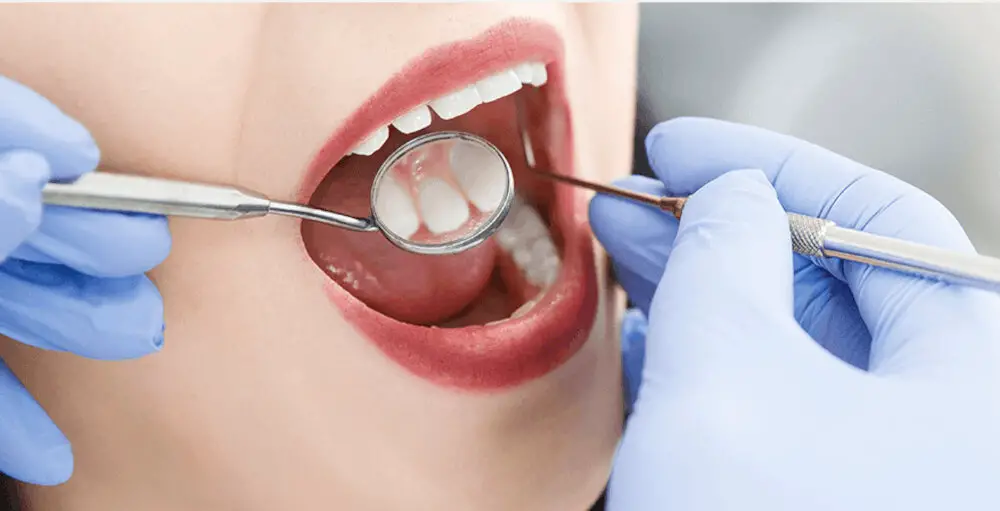
In conclusion, drinking alcohol after wisdom teeth removal is a topic that requires careful consideration. While it may be tempting to indulge in a drink or two, it is essential to understand the potential risks and complications that may arise. It is recommended to wait at least 24 hours before consuming alcohol and to avoid drinking excessively or using straws. Additionally, it is crucial to listen to your body and follow the post-operative instructions provided by your dentist or oral surgeon. By taking the necessary precautions and being mindful of your recovery, you can ensure a successful healing process and a safe return to enjoying your favorite beverages.


